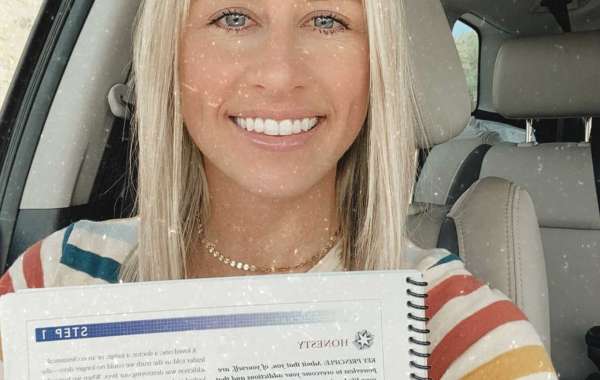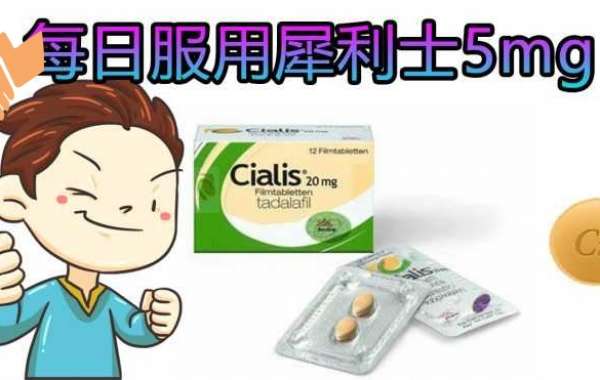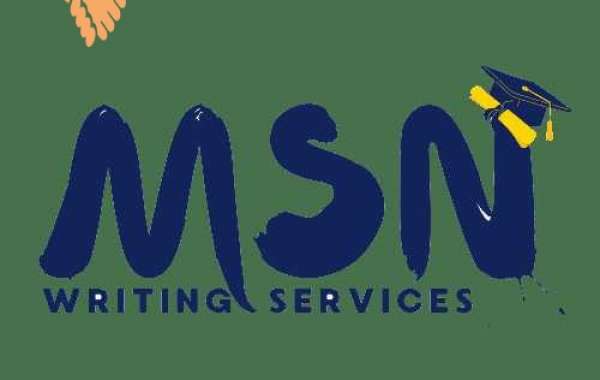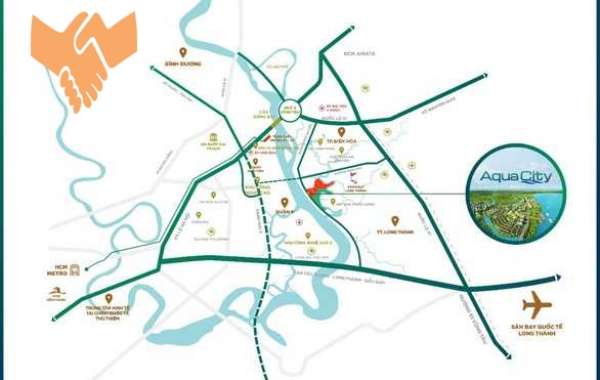12-Step addiction programs are mutual-help groups that provide addicts with a set of guidelines for achieving and maintaining sobriety. These include admitting powerlessness, taking a moral inventory, and making amends to people you have hurt.
AA and similar groups reference a higher power, but these are not religious organisations. Research has shown that nonreligious people benefit from participation in these programmes just as much as religious people do.
Step One
Admitting that you are powerless over alcohol or drugs is the first step in 12-Step addiction recovery. Participants then commit to a program of recovery.
The intervention’s core sessions include genograms, enabling in relationships; people, places and things that serve as relapse triggers; a moral inventory; and developing a sober lifestyle. Participants also discuss their own addiction experiences with other members.
Step Two
In 12 step programs, people share their experiences and struggles with addiction and other behavioral issues. Programs are available for different substances and behaviors, including drugs, alcohol, gambling, crime, food, sex, hoarding, work, debt and more.
Many people who participate in 12-step recovery groups are agnostics or atheists. They struggle with Step Two, which asks them to admit powerlessness over their addictive thoughts and actions and to trust in a higher power.
Step Three
Step three focuses on finding and having faith in a higher power. Our addiction treatment center recommends this higher power not be a specific religion, but any spiritual entity that can give you strength and help you stay sober.
Research shows that regularly attending 12-Step meetings and diligently working the steps is linked to better substance abuse recovery outcomes. This is especially true for people who have been previously involved in these mutual-support groups.
Step Four
This core step encourages patients to make a thorough, fearless moral inventory. A sponsor or addiction treatment counselor can help guide patients through this process. Printable worksheets are also available online.
This step is a major hurdle for many in recovery because it often involves sharing deep parts of one’s character. But it is important to remember that others have experienced similar things and can relate.
Step Five
This step asks you to make a list of people you have hurt and to make amends for your wrongs. It is a difficult, but rewarding step that requires courage and honesty.
Studies are examining whether special populations, such as youth, women, and ethnic minorities, benefit from 12-Step participation. Researchers are also exploring how to facilitate a more inclusive group experience.
Step Six
In this step, you work to safeguard your sobriety by addressing character defects. This is an ongoing process; you’ll likely have to work through this step several times over.
Studies have shown that 12-Step programs help people stay sober. In addition, they have an impact on the members’ social network and decrease their exposure to alcohol or drugs. The program has also been proven effective in reducing costs.
Step Seven
In this step, individuals take a moral inventory and ask for help from a higher power. This is a spiritual practice that is open to all faiths and beliefs.
Sessions on this topic include an introductory session that introduces 12-Step concepts and philosophy, as well as a content session focusing on the concept of humility and asking for help. Also covered are sessions on getting active at meetings, identifying a sponsor, and making connections.
Step Eight
Step eight involves making a list of everyone you harmed during your addiction. This can bring up negative emotions, so it’s important to have support while working this step.
Many 12-Step programs include a meeting where participants can bond with others who are recovering from addiction. Research has shown that attending these meetings improves mental health and substance use outcomes. However, there are limitations to this approach.
Step Nine
Step nine involves making amends with the people you have harmed during your addiction. It can be one of the most challenging steps to take, as you confront resentment, regret and shame that lingers in your conscience.
The 12-Step process was developed by Alcoholics Anonymous but can be applied to other addictions and compulsive behaviors such as gambling, drugs, food, sex and debt. Many fellowships such as Cocaine Anonymous, Gamblers Anonymous and Overeaters Anonymous use the 12-Step model.
Step Ten
Addicts must make a list of all those they harmed and seek to make amends with them. They must also find a way to carry this message of hope to others suffering from addiction.
The 12 steps can help people attain and maintain abstinence from alcohol and drug use disorders. Research suggests that it provides a strong support network and encourages behavioral change.








